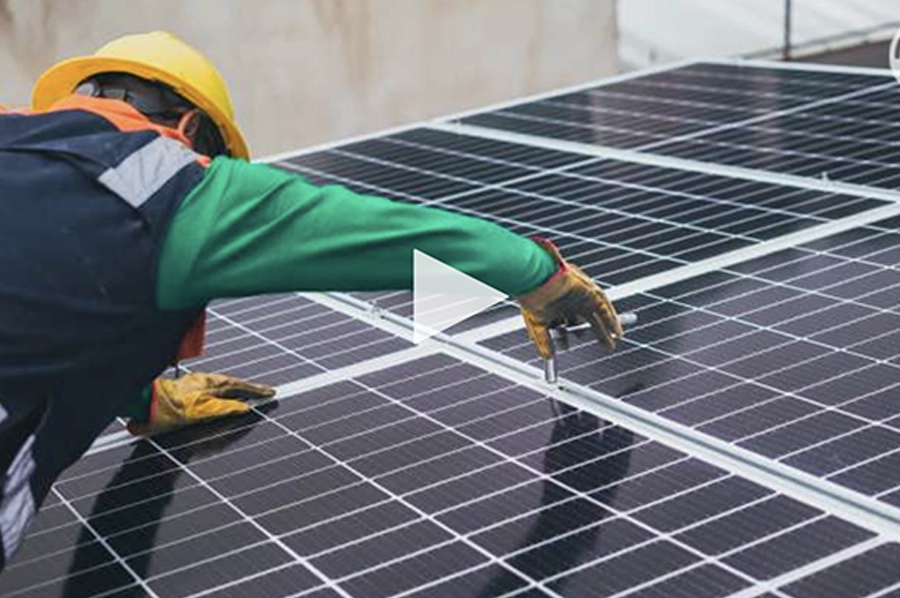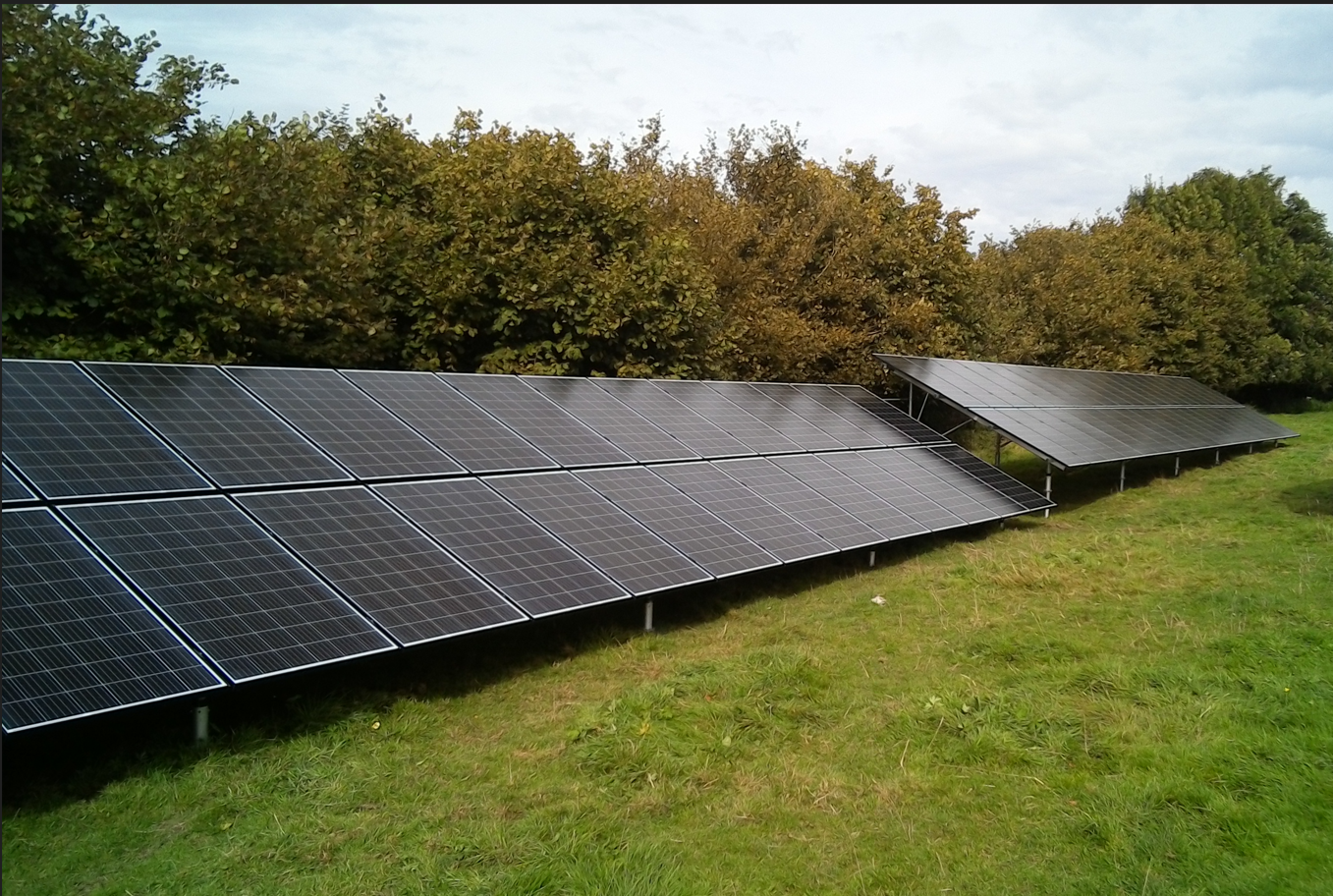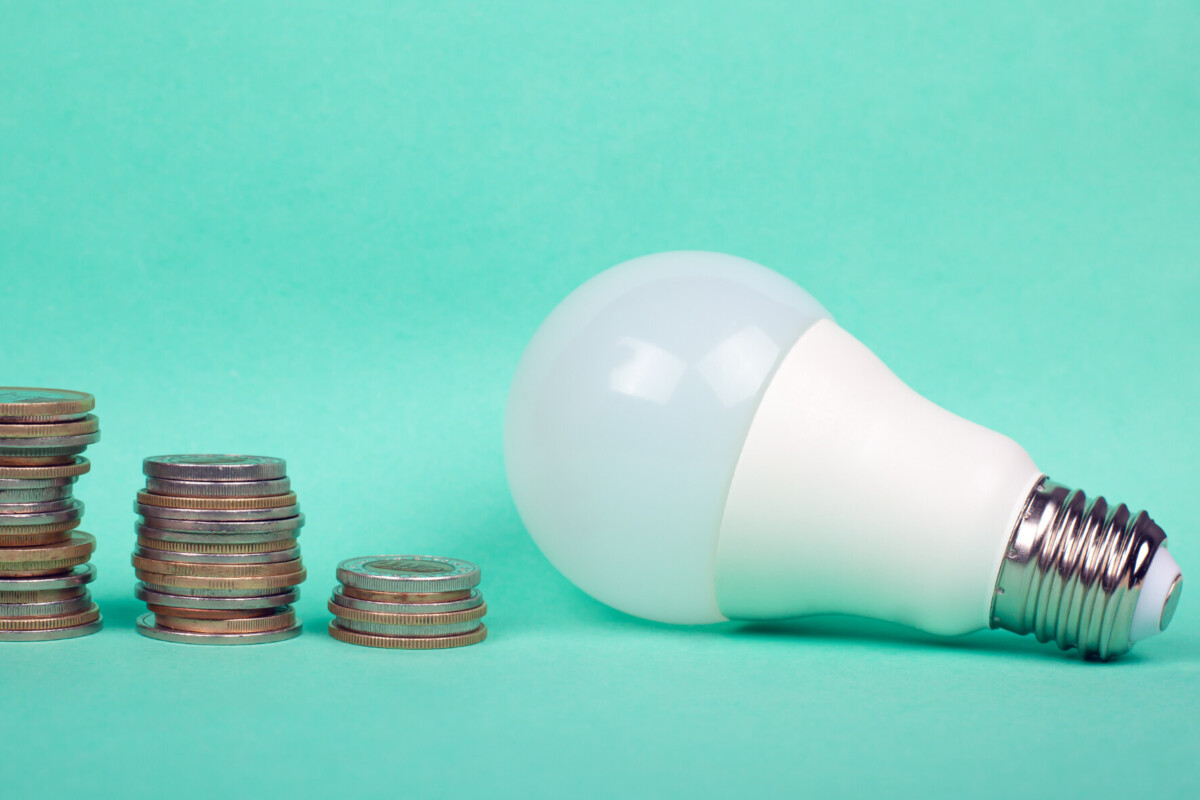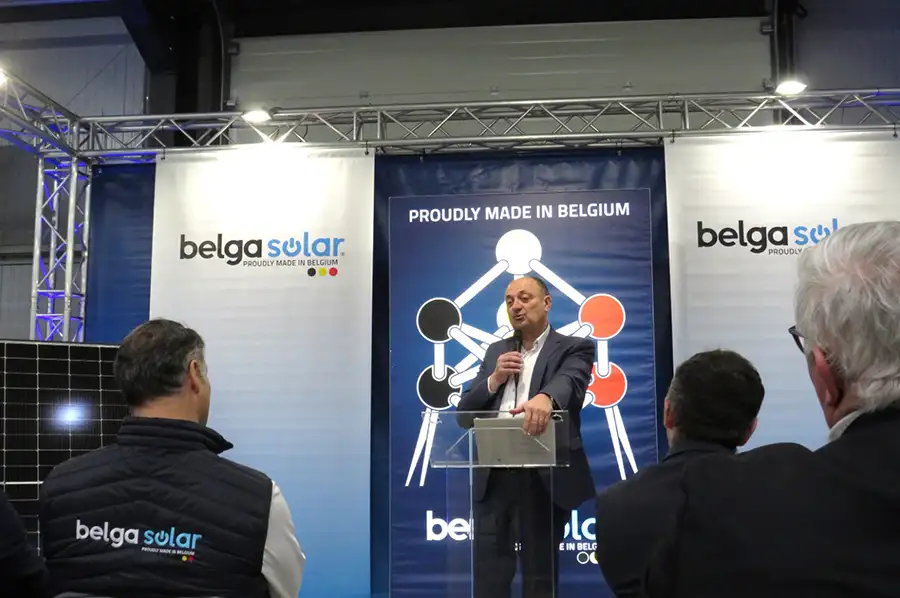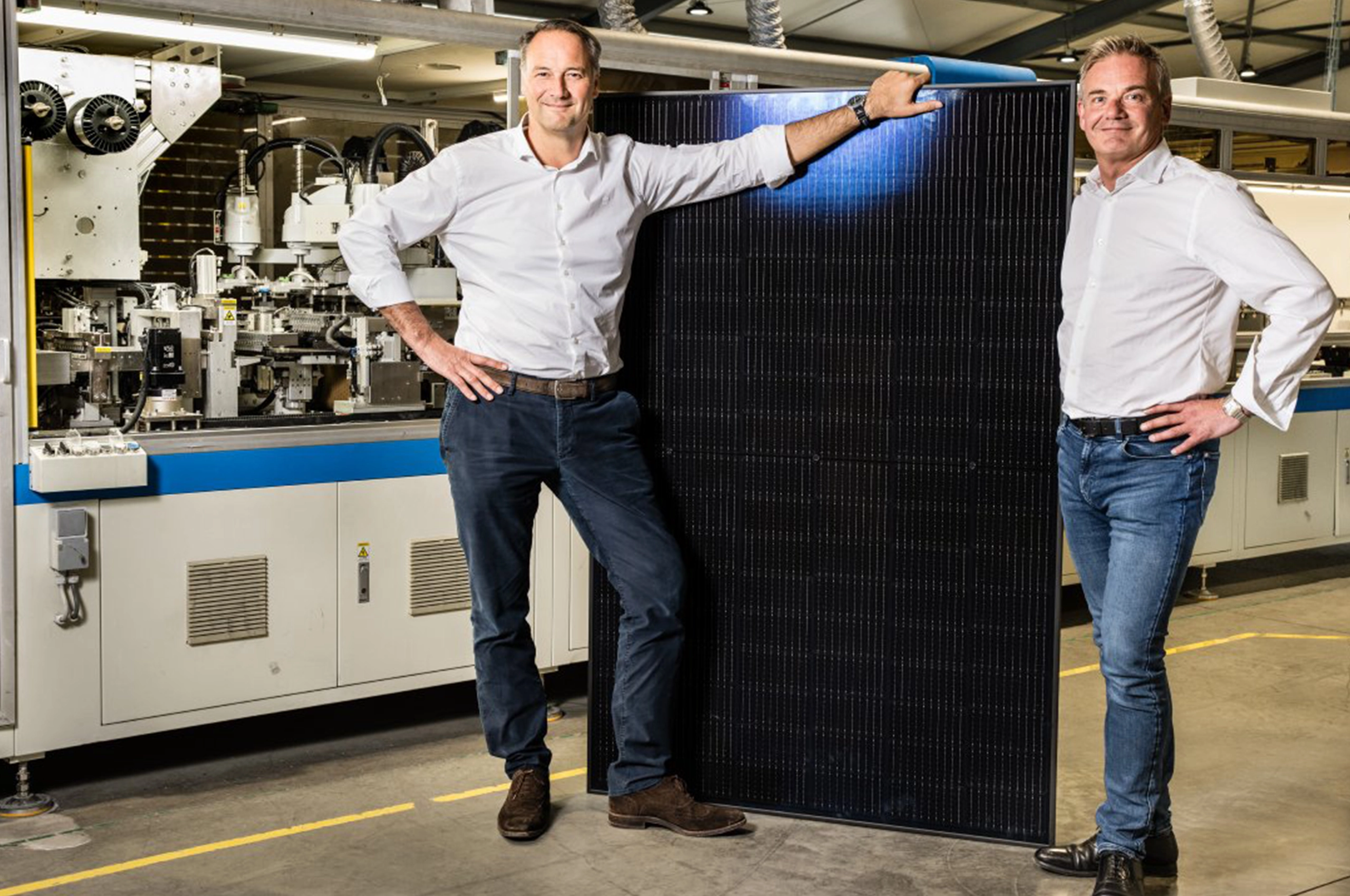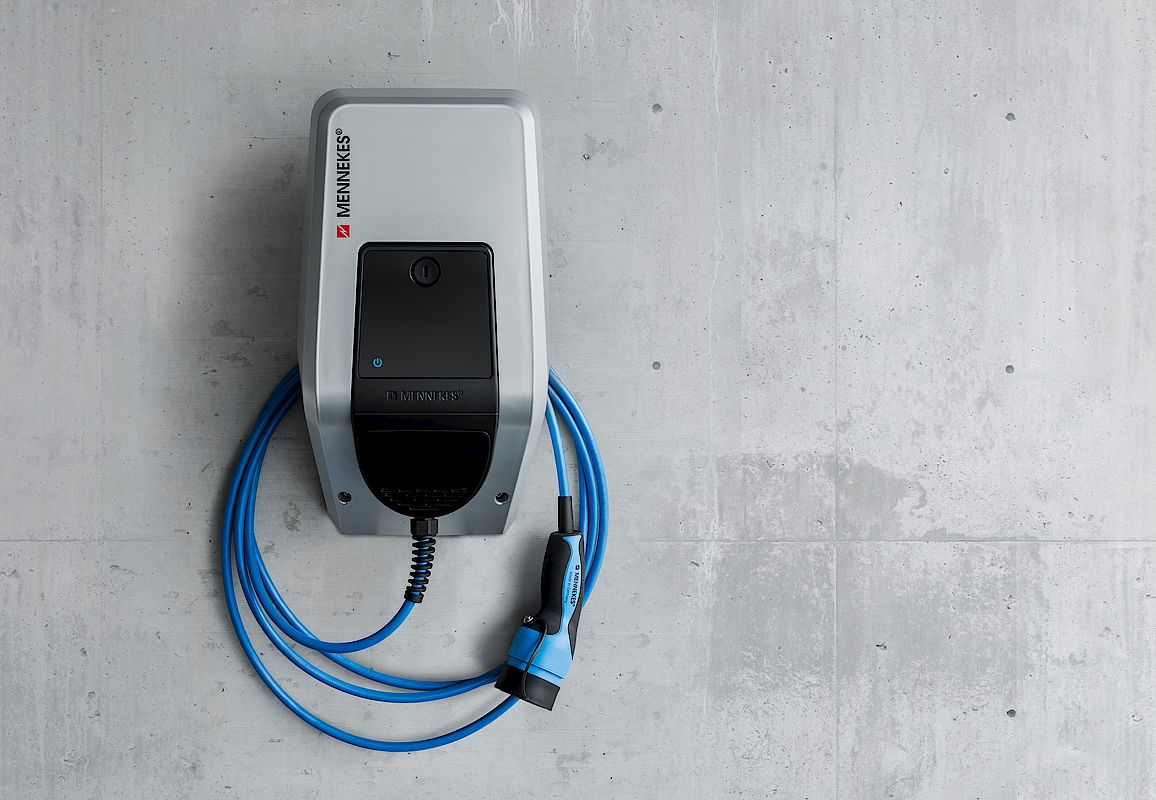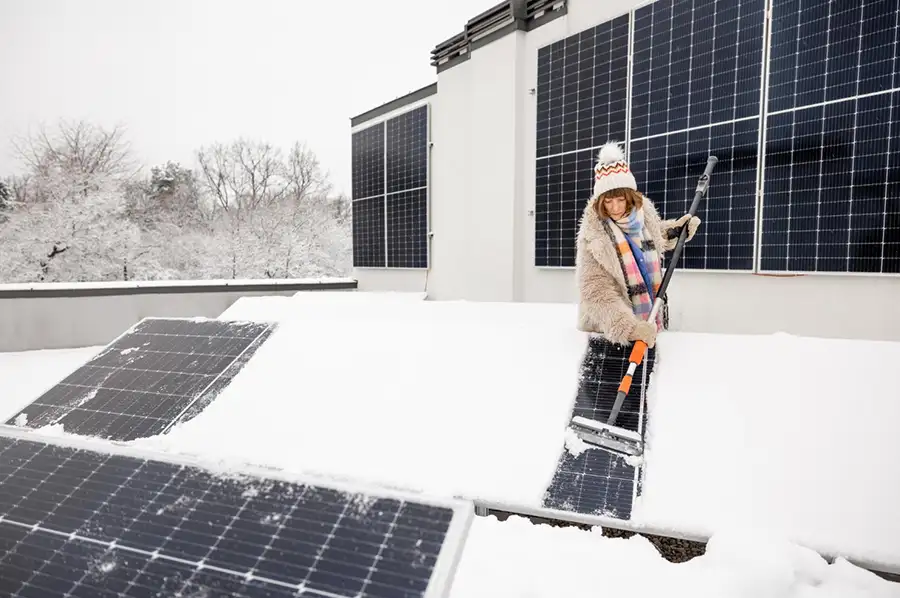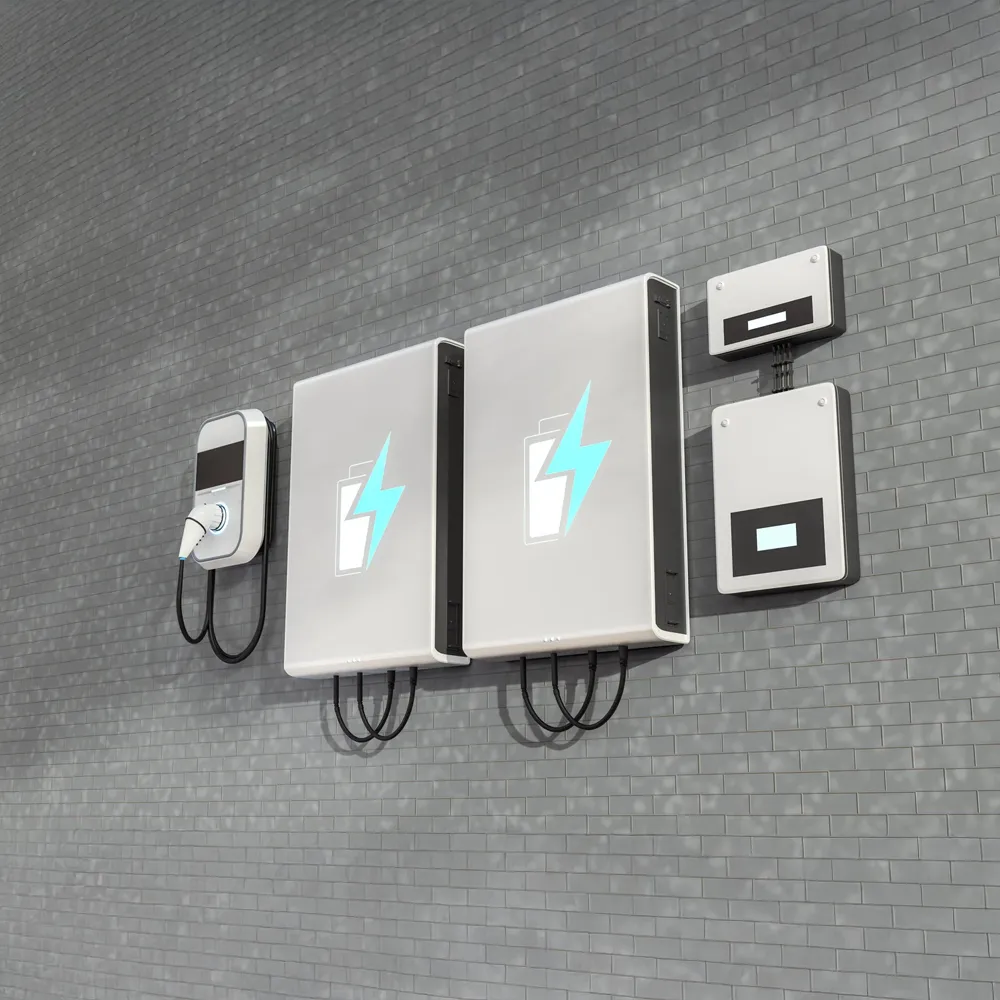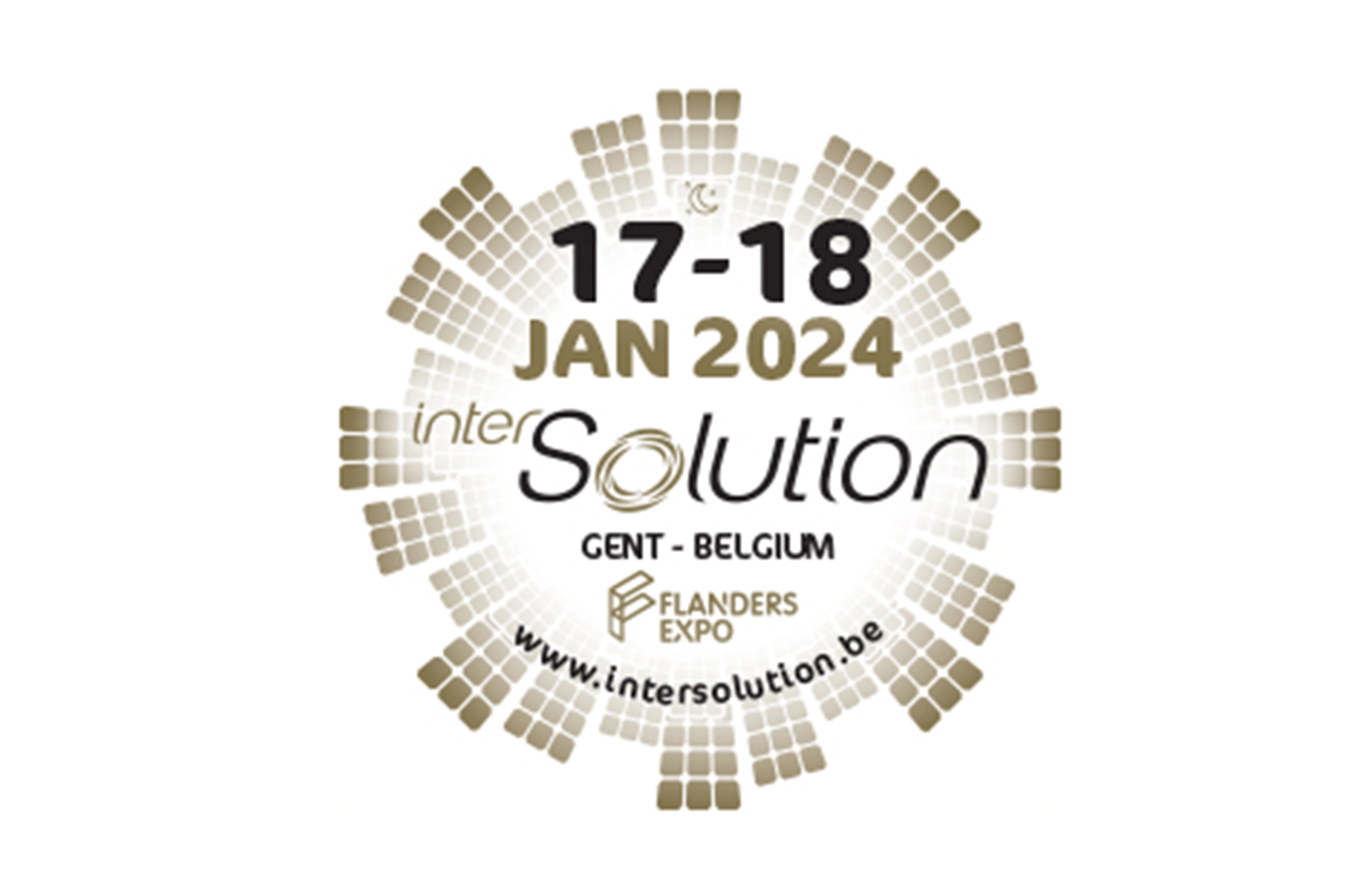Why the environmental impact of solar panels made in Belgium deserves attention
Solar panels are often seen as the perfect solution for clean, renewable energy. Yet behind each module lies a complex and energy-intensive production process that is not entirely carbon neutral.
In Belgium, companies like Belga Solar are taking on a major challenge: producing solar panels locally with a low carbon footprint. It’s an ambitious but crucial step to ensure solar energy truly lives up to its green reputation.
Understanding the life cycle of a solar panel: from production to clean energy
An energy-intensive process that keeps improving
Even before generating its first kilowatt-hour, a solar panel has already consumed a significant amount of energy. Extracting silicon, producing glass, crafting the aluminum frame, and manufacturing copper wiring — all these steps require electricity, often from fossil fuels when production occurs in Asia.
This so-called “carbon debt” varies depending on the production methods used, but it is generally estimated at around one ton of CO₂ per installed kilowatt-peak (kWp). A panel must therefore operate for several years to offset the energy consumed during its manufacturing phase.
A measurable environmental payback
Once installed, the balance reverses: every kilowatt-hour of solar energy replaces electricity produced from fossil fuels. Over its lifetime — typically 25 to 30 years — a single solar panel can prevent several tons of CO₂ emissions. Thanks to ongoing innovation, this energy payback time is becoming shorter year after year.
Local solar panel manufacturing: an ecological advantage for Belgium
Less transport, fewer emissions
Producing solar panels in Belgium significantly reduces transport distances between factory and customer. No more shipping containers crossing oceans — every locally produced panel saves hundreds of kilograms of CO₂ otherwise emitted through transport.
The Belgian energy mix: an advantage for greener production
Belgium’s electricity mix is cleaner than that of many producing countries, with a lower share of fossil fuels. This directly reduces the environmental impact of solar panels made in Belgium, contributing to a more sustainable energy transition.
A positive boost for economy and innovation
Local manufacturing creates a virtuous circle:
-
preservation of qualified jobs in the green industry,
-
development of national expertise,
-
continuous innovation to enhance performance and durability.
It’s an approach that combines ecology, economy, and energy independence.
Recycling and durability: building a circular solar industry in Belgium
Up to 95% of materials can be recycled
Another key advantage of local production is efficient end-of-life management. In Belgium, organizations such as PV Cycle ensure that up to 95% of solar panel materials — including glass, aluminum, silicon, and metals — are recycled.
The close collaboration between manufacturers and recyclers enables a true circular economy, where recovered materials are reintroduced into new solar modules.
Extending lifespan to reduce carbon footprint
Maintaining, repairing, and extending the life of a solar panel is often more environmentally friendly than replacement. Every additional year of use means less CO₂ emitted and a better ecological return on investment.
Challenges and opportunities for solar panel manufacturing in Belgium
Producing solar panels locally remains a bold and demanding effort. Labor costs, strict environmental regulations, and raw material prices are higher than in Asia.
Yet the market is evolving: consumers now value sustainability, transparency, and traceability. This is exactly the philosophy of Belga Solar, which combines technological innovation with environmental responsibility.
Innovation also remains a cornerstone: continuously increasing efficiency while reducing the energy input of production. Using recycled aluminum, lighter glass, and energy-efficient processes are key steps toward a truly sustainable solar industry.
Towards 100% responsible and Belgian-made solar energy
Choosing Belgian-made solar panels is more than just an eco-friendly decision. It’s a concrete way to support a local, sustainable, and transparent industry, reduce transport-related emissions, and promote responsible energy practices.
The next step? More transparency and certification: verified carbon footprints, “low-carbon” labels, and full traceability of materials.
Because while the sun shines for everyone, Belgium’s solar manufacturing industry has the potential to become a European model of responsible energy production.
